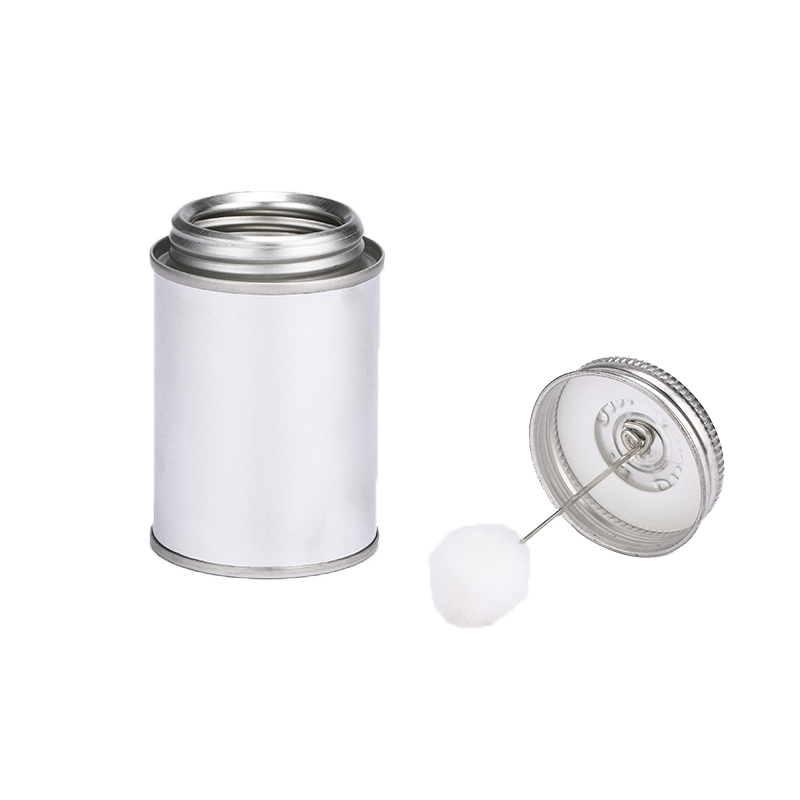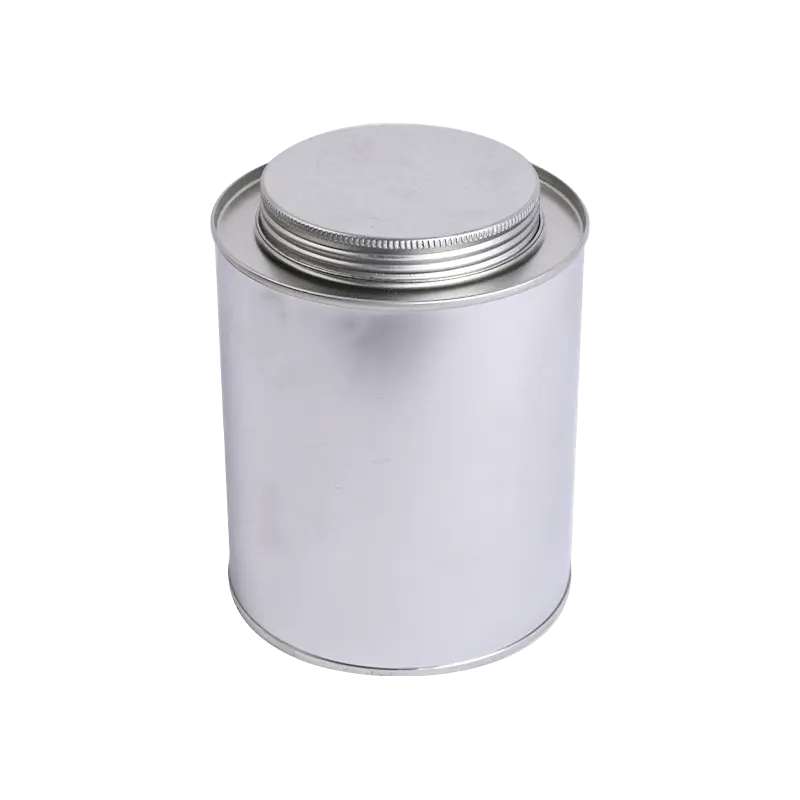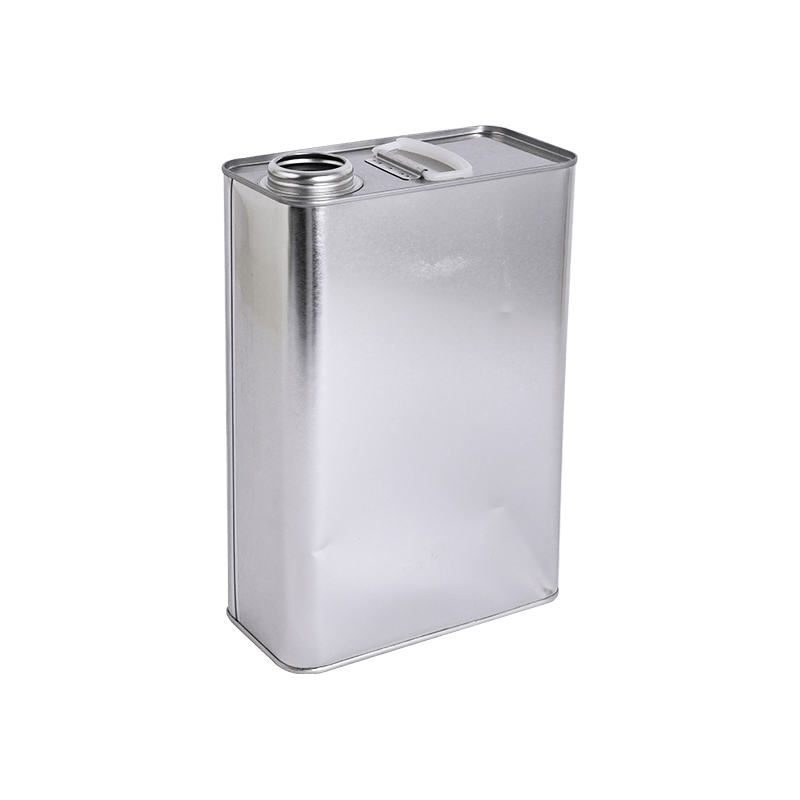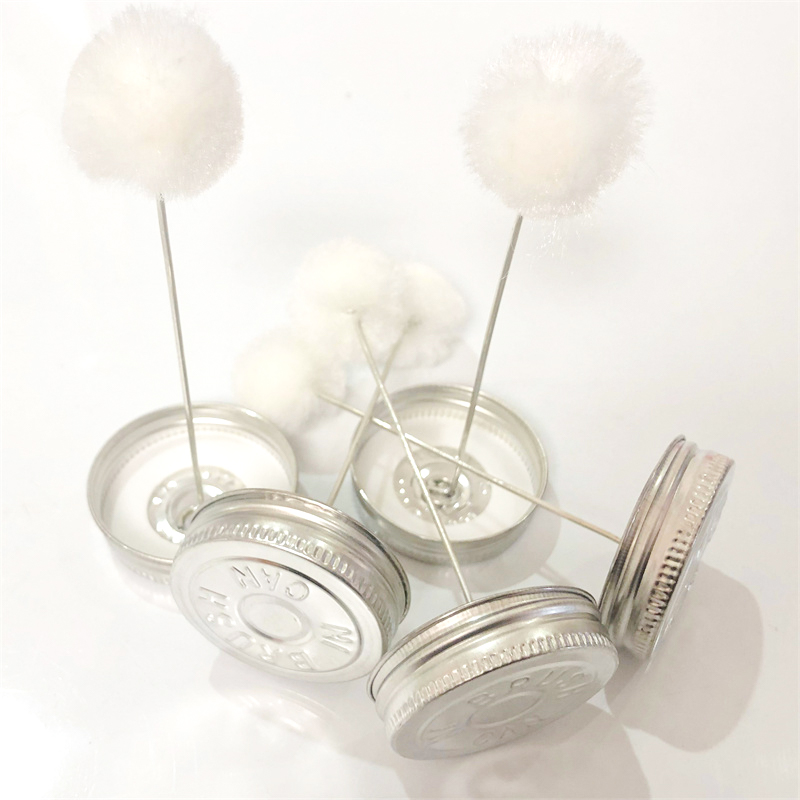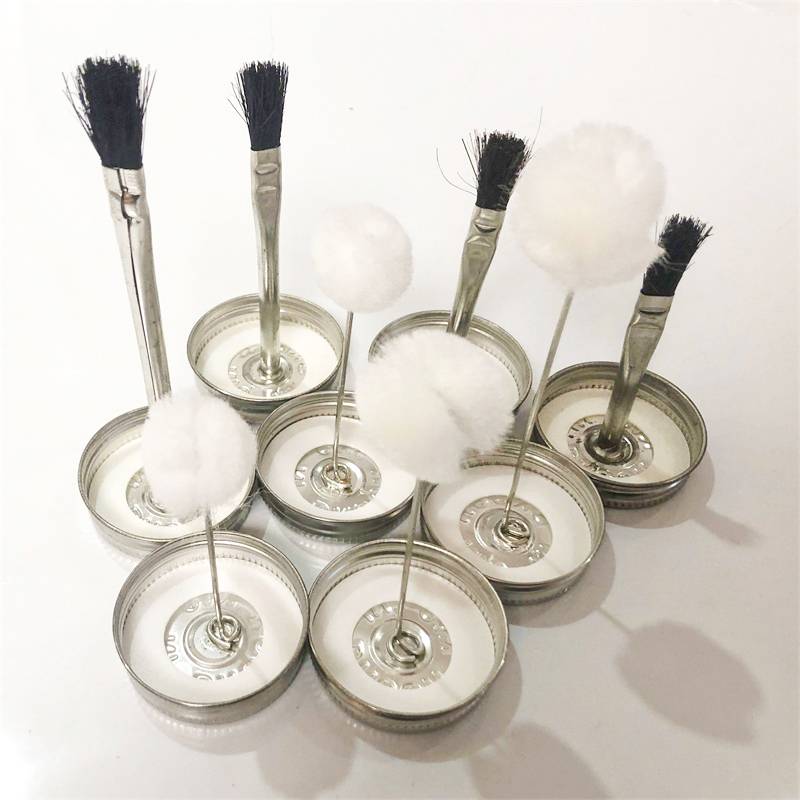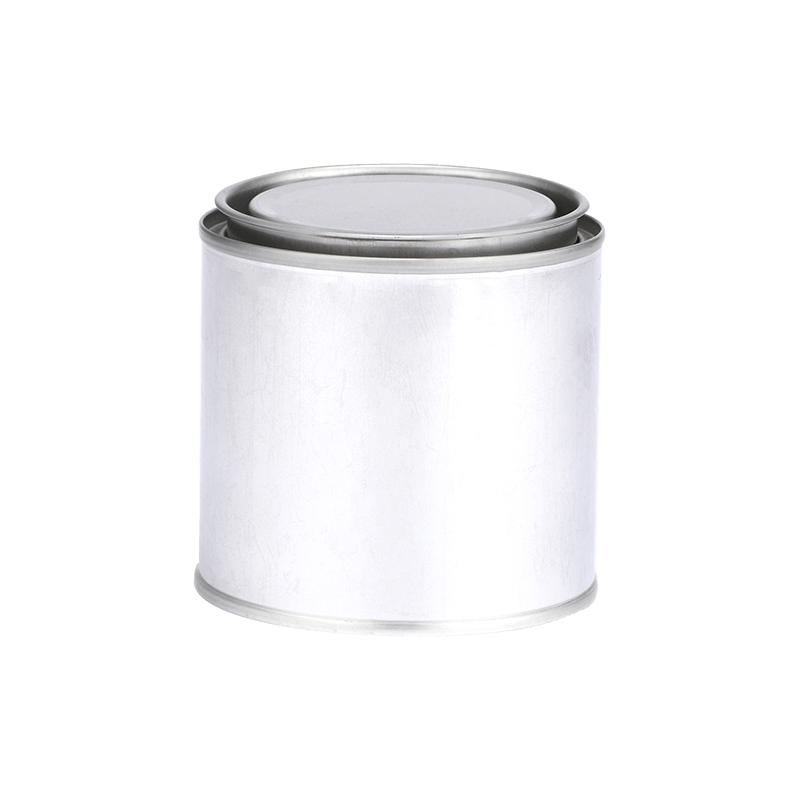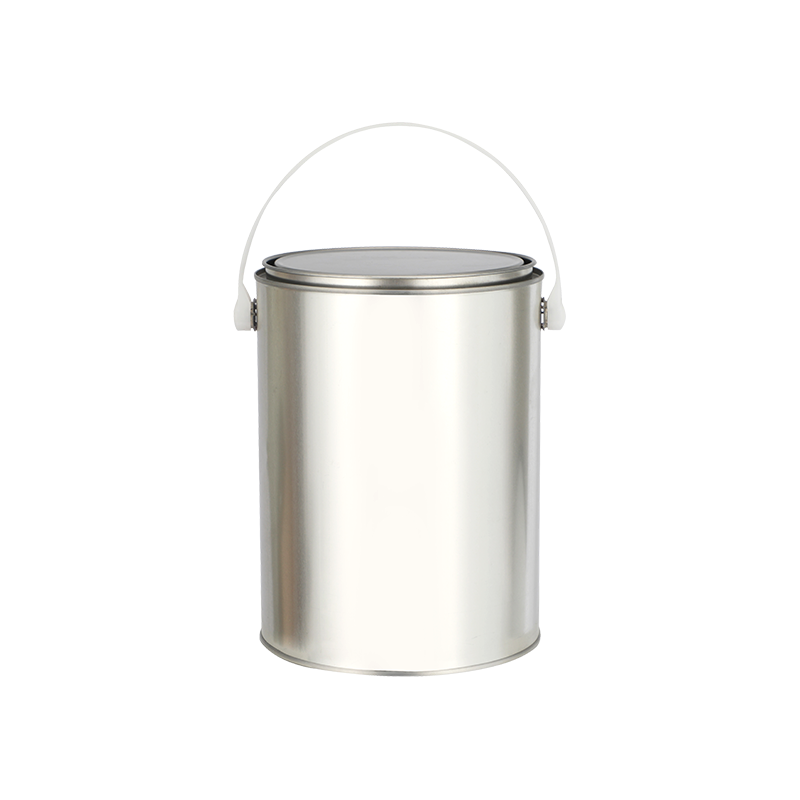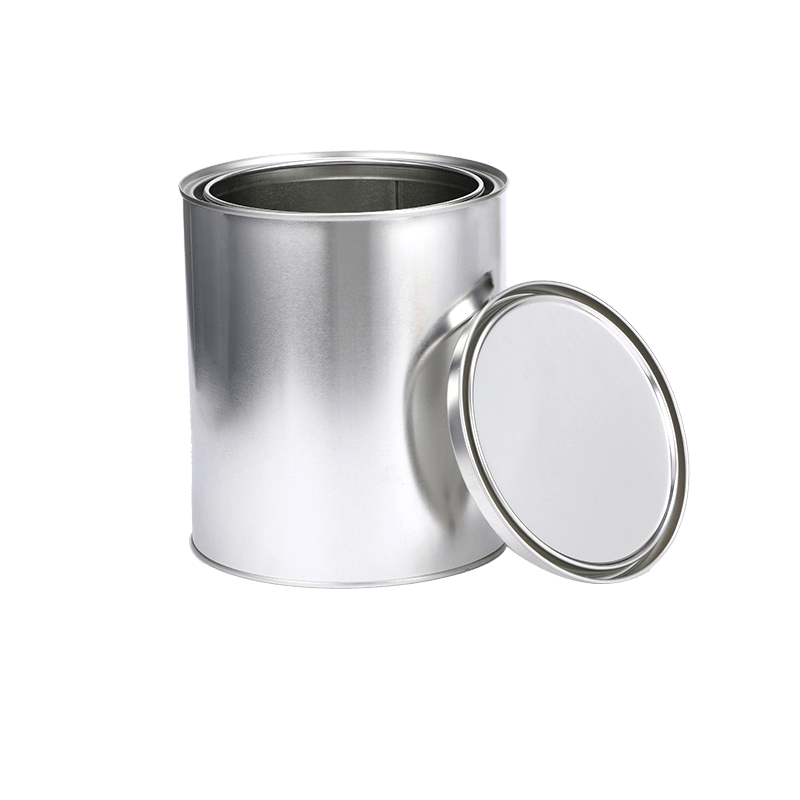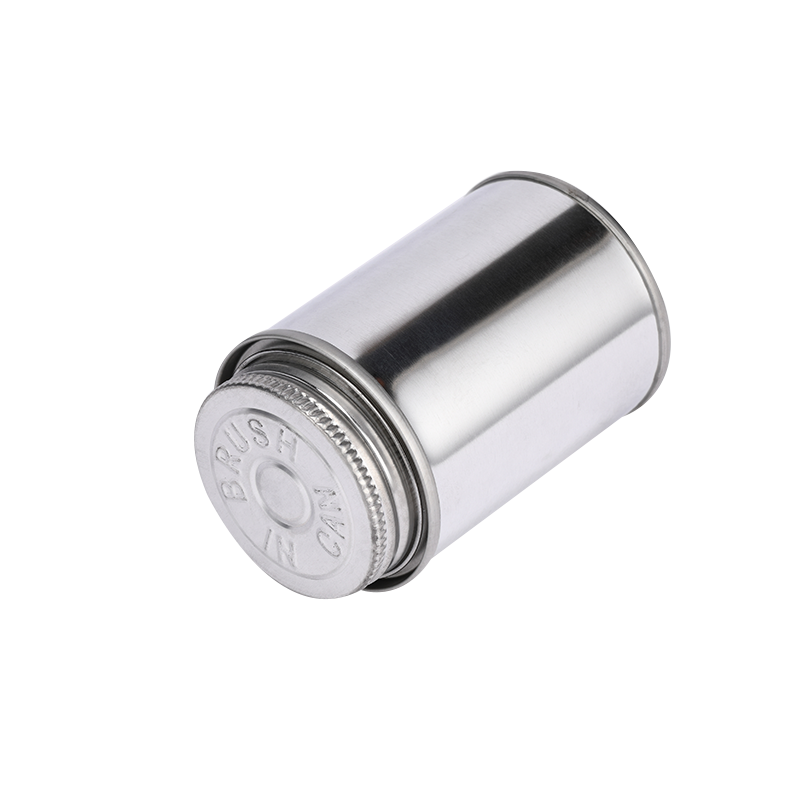Square Oil Tin Cans are typically manufactured using metal materials, with steel and tinplate being the most common choices. These materials are selected for their durability, strength, and ability to protect the contents from external elements. Here are the main materials used in the manufacturing of Square Oil Tin Cans:
Steel:
Carbon Steel: This is a commonly used type of steel for manufacturing Square Oil Tin Cans. It is known for its strength and durability.Tin-Coated Steel: To enhance corrosion resistance and prevent rusting, the steel used for these cans is often coated with a layer of tin. This tin coating provides a protective barrier against moisture and external elements.
Tinplate:
Tinplate is steel that has been coated with a thin layer of tin. This coating serves several purposes:
Corrosion Resistance: Tin provides a protective layer that helps prevent the steel from corroding or rusting.Food Safety: Tinplate is often used in packaging for food and beverages, including oil, as it is considered safe for contact with consumable products.Solderability: Tinplate's surface is conducive to soldering, facilitating the sealing of seams during can manufacturing.
Aluminum (Less Common):
While steel and tinplate are more prevalent, some Square Oil Tin Cans may be manufactured using aluminum. Aluminum offers lightweight properties and corrosion resistance, but it may not be as commonly used as steel in this context.
The choice of material depends on factors such as the intended use of the can, the characteristics of the oil or substance being stored, and manufacturing considerations. Steel and tinplate are favored for their robustness and suitability for a wide range of applications, including packaging oils and other liquids. The tin coating is especially important for products like oil, where protection against corrosion is crucial to maintaining product quality and integrity.




